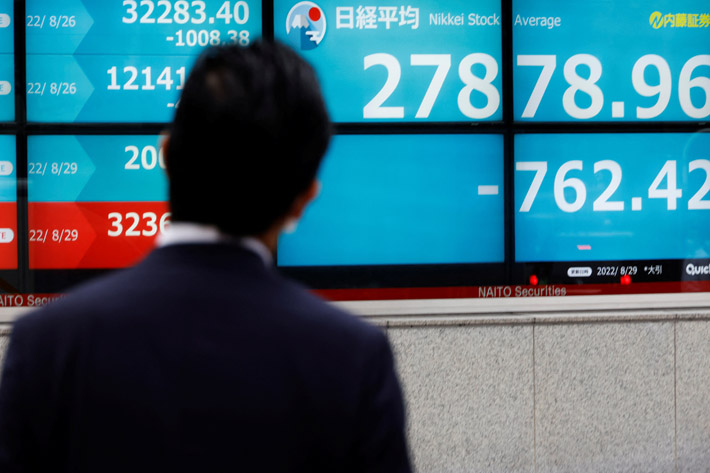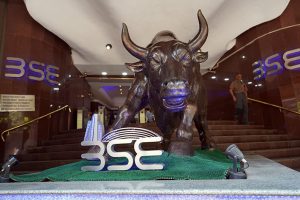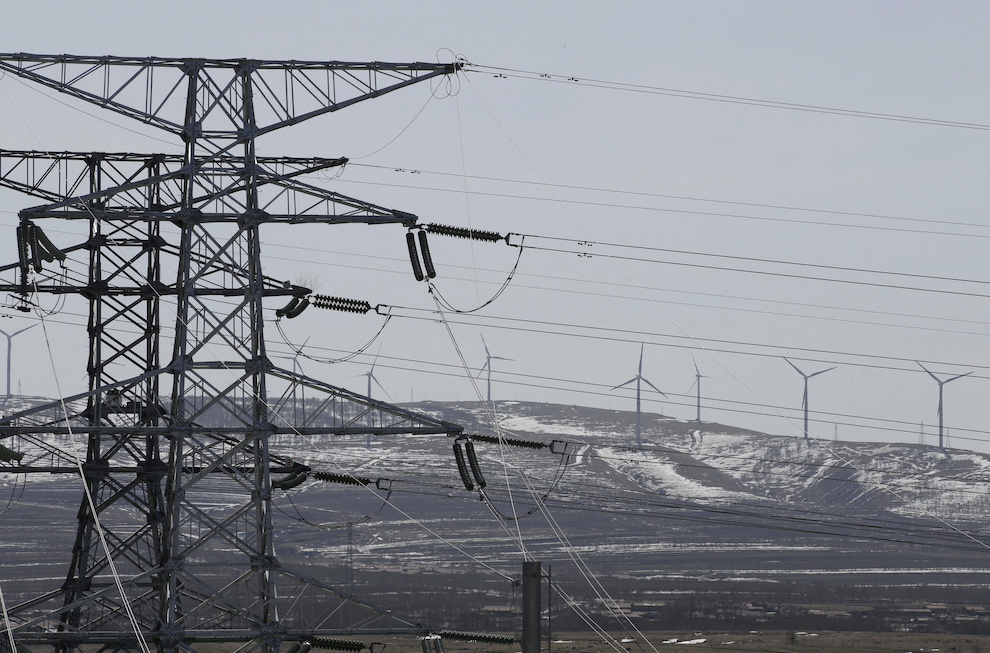Asian shares continued their retreat on the week’s final day of trading with investors evading risk as the situation in the Middle East threatened to spill over into the wider region.
Stocks plumbed 11-month lows as a relentless rise in long-term US yields pressured valuations due to mounting fears over Israel’s war on Hamas, following the group’s attacks last week.
Japan’s Nikkei share average fell, tracking Wall Street’s overnight weak finish, but the index gave up some of its losses as investors bought stocks on the dip.
Also on AF: China’s EV Battery Giant CATL Profit Eases on Slower Demand
The Nikkei share average fell 0.54%, or 171.26 points, to close at 31,259.36, while the broader Topix was down 0.38%, or 8.51 points, to 2,255.65.
US stocks ended lower overnight after US Federal Reserve Chairman Jerome Powell said that additional interest rate hikes could be warranted in view of economic resiliency and labour market tightness.
Investors were prompted to sell Japanese stocks after the yield on the benchmark 10-year US Treasury note hit the 5% mark for the first time since July 20, 2007.
Japan’s 10-year government bond yield slipped slightly after the Bank of Japan announced measures to contain yields.
Hong Kong stocks posted their biggest weekly loss in two months amid fears the corporate earnings season will underwhelm and that global interest rates will remain high for some time to come.
The Hang Seng fell for a third day, losing 0.72% to 17,172.13, taking the decline in the week to 3.6%. The Hong Kong Tech Index lost 1.03%.
China held its benchmark lending rates steady on Friday as the economy showed signs of stabilisation but China’s blue chip CSI 300 index fell 0.65%.
The Shanghai Composite Index dropped 0.74%, or 22.33 points, to 2,983.06, while the Shenzhen Composite Index on China’s second exchange retreated 0.96%, or 17.62 points, to 1,810.47.
Tesla Shares Drop
Elsewhere across the region, in earlier trade, Singapore, Taipei, Mumbai, Manila and Jakarta were all in the red. Sydney, Seoul and Wellington were all more than 1% lower.
MSCI’s broadest index of Asia-Pacific shares outside Japan came off an 11-month low to stand just 0.4% lower on the day, leaving it 2.6% down for the week.
Europe was set for a similarly downbeat open, with Eurostoxx 50 futures sliding 0.6% and FTSE futures off 0.4%. S&P 500 futures slipped 0.1% while Nasdaq futures were down 0.3%.
Markets reacted choppily to a much-watched speech from Federal Reserve Chair Jerome Powell overnight, although most investors leaned further into bets that the Fed will extend its rate pause in November.
Sentiment was also fragile after Tesla shares dropped 9% after the electric vehicle maker’s quarterly results disappointed, with a warning about consumer demand from Elon Musk sparking a sell-off in EV stocks.
The US dollar was within a hair’s breadth of the closely watched 150 yen level at 149.84 yen. It was up 0.1% against its peers at 106.34, not too far from an 11-month top of 107.34 hit early this month.
The 10-year’s yield eased 4 basis points to 4.9456%, after reaching 5.0% overnight for the first time in 16 years. It has surged as investors grappled with US economic resilience, concerns about the increase in US debt issuance, and interest rates remaining high for longer.
Israeli Ground Invasion Fears
Quincy Krosby, chief global strategist at LPL Financial, said the focus on supply has become a fixation for the treasury market, and the concern is that the US deficit is poised to climb higher because of the larger defence funding needs for Washington.
On the geopolitical front, fears of a spreading regional conflict were rising. US President Joe Biden on Thursday asked Americans to spend billions more dollars to help Israel fight Hamas, with mounting expectations that Israeli forces will mount a ground invasion of Gaza imminently.
Gold prices scaled a fresh two-month peak of $1,982.09 per ounce, the highest since late July, as investors sought safe-haven assets in the turmoil.
Oil prices were headed for the second weekly gain, due to fears of an escalating regional conflict in the Middle East, which would disrupt supplies.
US crude jumped 1.2% to $90.42 per barrel and Brent was at $93.25, up 0.9% on the day.
Key figures
Tokyo – Nikkei 225 < DOWN 0.54% at 31,259.36 (close)
Hong Kong – Hang Seng Index < DOWN 0.72% at 17,172.13 (close)
Shanghai – Composite < DOWN 0.74% at 2,983.06 (close)
London – FTSE 100 < DOWN 0.23% at 7,482.04 (0932 BST)
New York – Dow < DOWN 0.75% at 33,414.17 (Thursday close)
- Reuters with additional editing by Sean O’Meara
Read more:
US Curbs Set Off Sales, Tech Boom for China Chip Equipment Firms
More China State Firms in Share Buyback Bid to Prop Up Market
Country Garden Seen Defaulting on Its Offshore Debt
Hang Seng, Nikkei Slump On Middle East Tensions, Fed Fears























